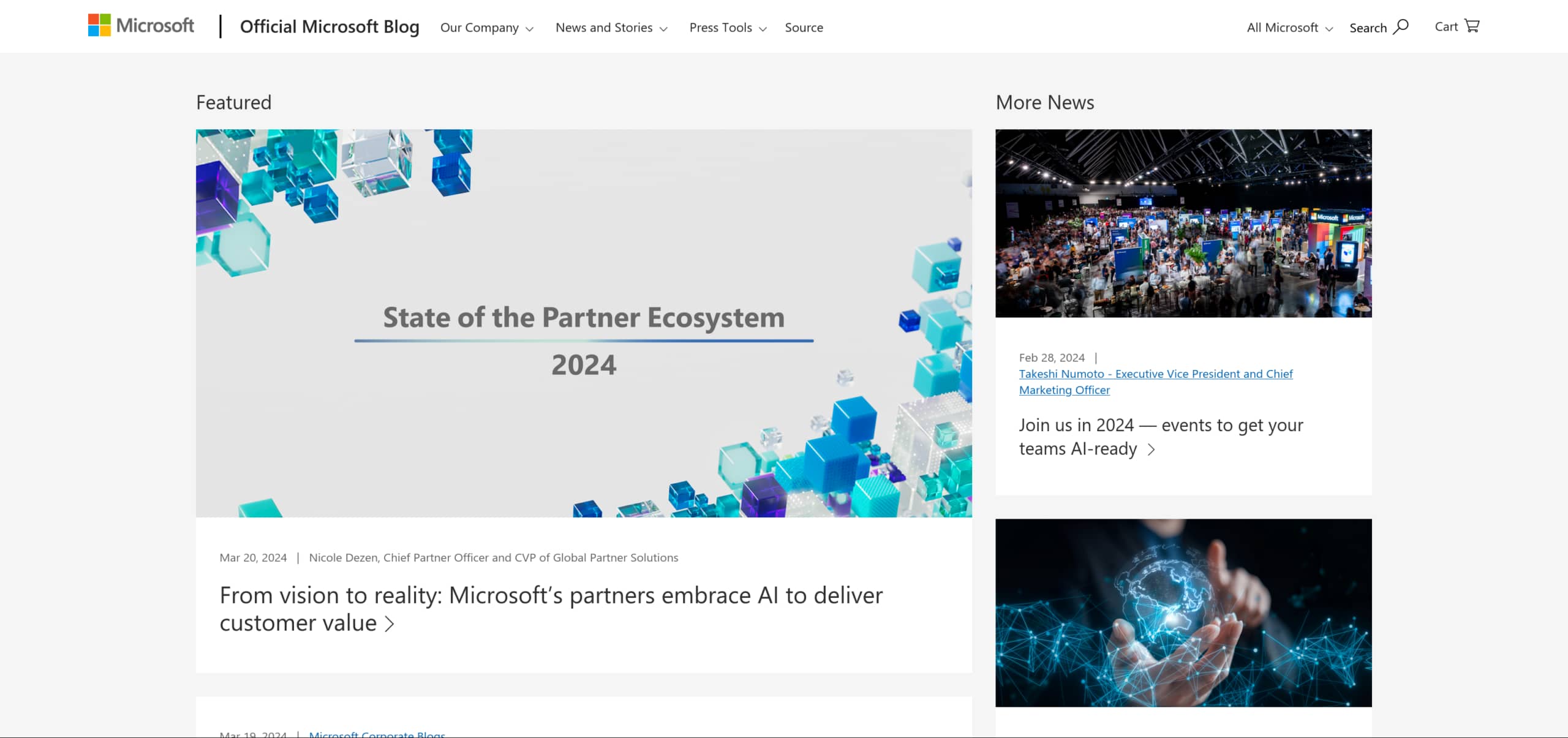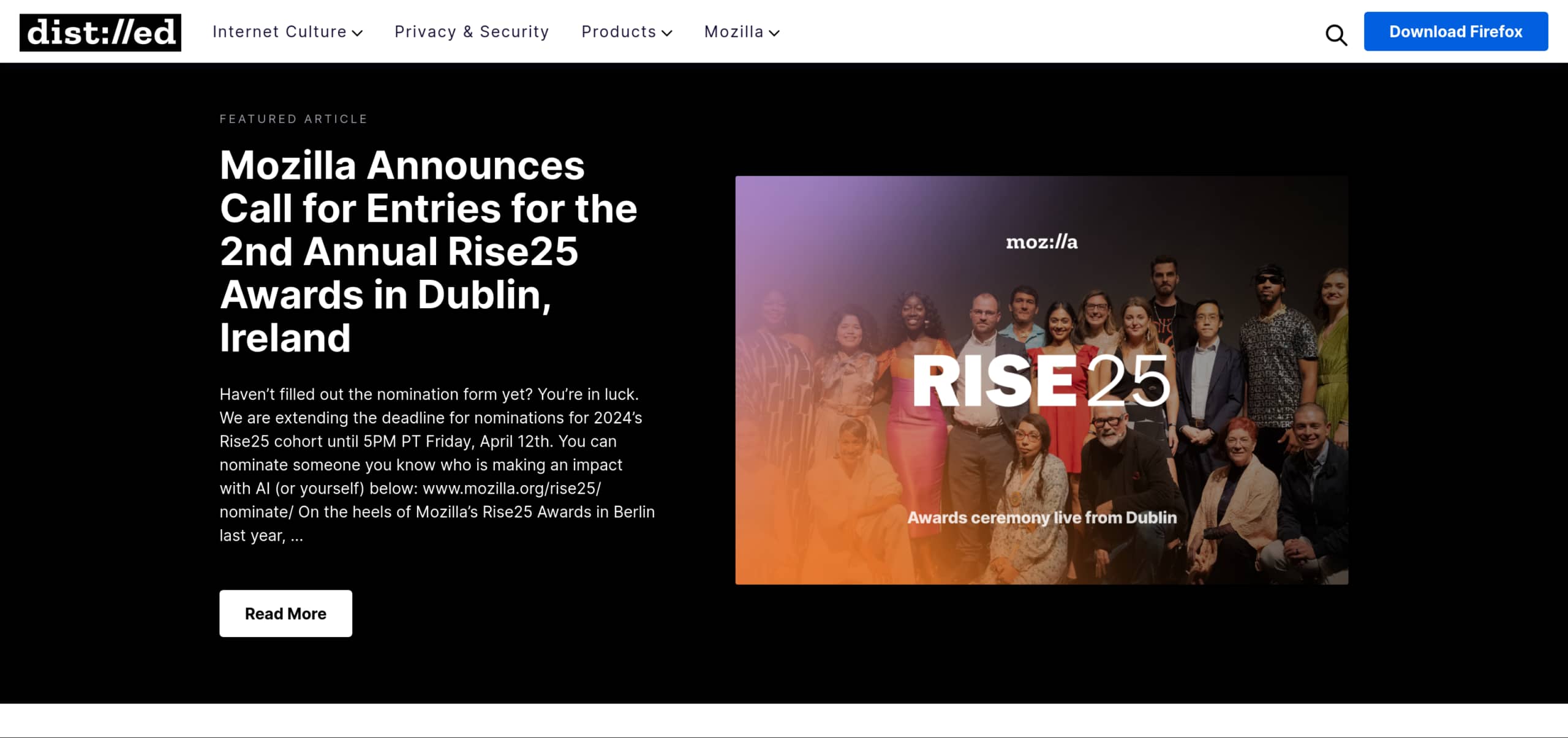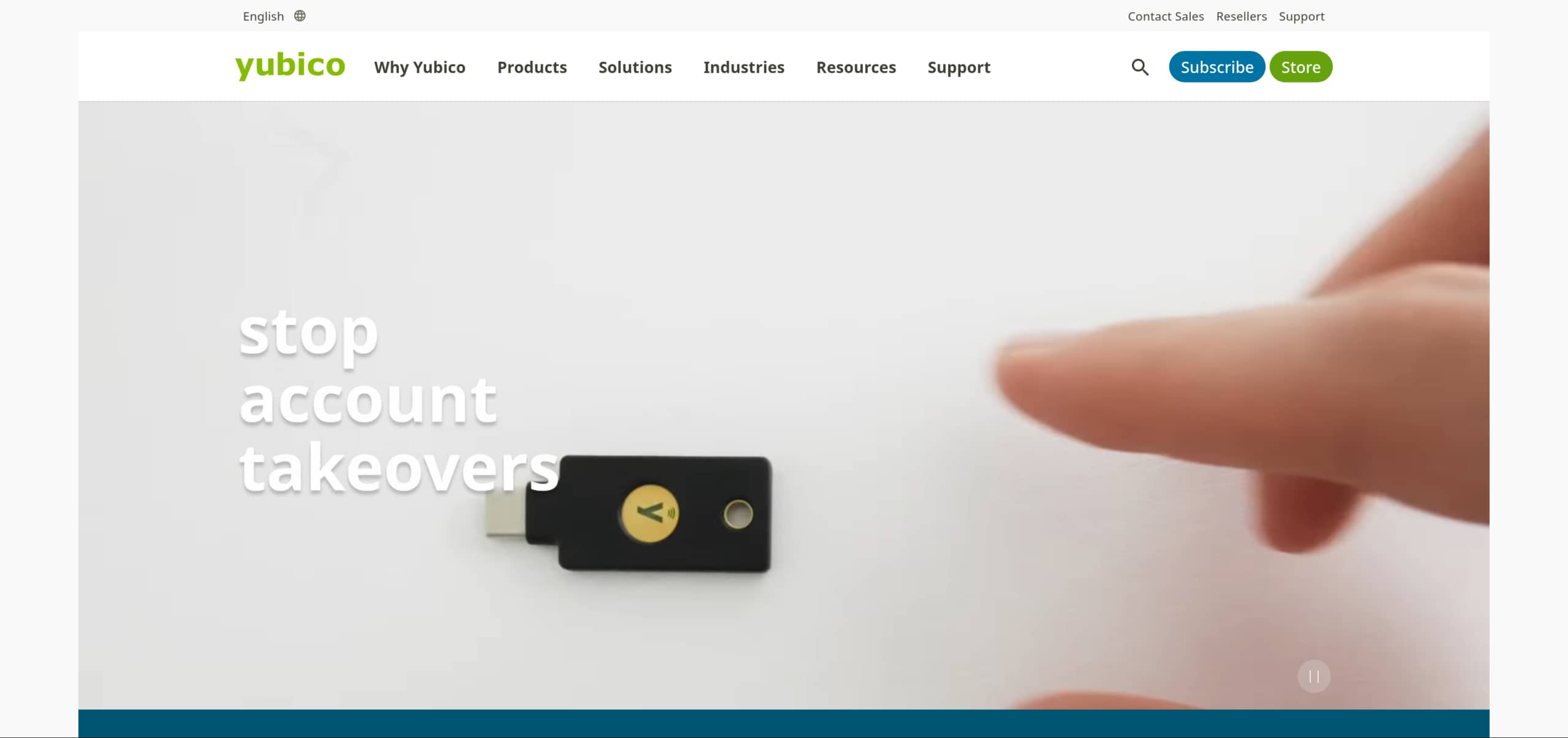
What is WordPress?
WordPress is a content management system (CMS) created in 2003 by Matthew Mullenweg and Mike Little. It’s a free, open source software developed in PHP.
This CMS was originally conceived as a tool for creating Blogs, but today it can be used to create many other types of website, such as online stores or even forums.
WordPress is the most widely used CMS in the world, used by 43.3% of all websites in 2024.
It’s available on the official WordPress.org website and is owned by the WordPress Foundation, whose aim is to guarantee its free access and continuity.
What can WordPress do for you?
WordPress is an extremely extensible and customizable CMS, enabling you to build any type of website from a solid foundation.
The different types of websites you can create with WordPress
The different types of website that can be created with WordPress can be grouped into several categories according to their functionalities.
WordPress was originally designed for blogging, which is why it is particularly well optimized for this type of website. However, it’s also a CMS that’s designed to be easily customizable, which means you can use the WordPress core to develop sites much more quickly and with much greater functionalities.
Here’s a non-exhaustive list of the types of site you can create with WordPress:
- Blog
- Corporate website
- Online store
- Portfolio
- Multilingual site
- Forum
- Community site (membership system)
- and many others…
Some examples of WordPress websites
Sites built with WordPress represent around 43.3% of the web in 2024, so you’re visiting them regularly without even knowing it!
Here are a few examples of WordPress websites:
The official Microsoft Blog

Mozilla Blog

News UK website

Yubico online store

And many more…
WordPress is a robust and secure solution, which is why high-traffic sites, such as those mentioned above, use WordPress to facilitate the management of their website.
Why should you use WordPress?
There are many advantages to using WordPress to create your website. Here are just a few that might convince you:
WordPress is a free and open source software
The WordPress source code is public and anyone can participate. This brings transparency and reassures us that the project is sustainable over time, as it is maintained by its community and is not dependent on a company.
The fact that the code is open source brings a second major advantage: WordPress is free!
WordPress offers many customization options
WordPress offers a wide range of customization options, including themes and plugins.
WordPress themes are a set of HTML, CSS and JavaScript files that allow you to customize the design of your website. Each theme is unique, and allows a number of customisations depending on the features it offers.
The best-known themes are made up of “Builders”, which allow you to modify the appearance of your site using various predefined design blocks.
WordPress plugins are modules that plug into your website to extend its functionalities. They can, for example, add multiple languages, contact forms or integrate your site with external tools.
Unlike WordPress, not all plugins are free, and it’s often necessary to pay for a license (often on an annual basis) to benefit from all their features. Licenses help finance the development team behind each plugin, and at the same time ensure that the plugin is regularly updated.
WordPress is used by 43.3% of all websites on the Internet
According to W3Techs, WordPress is used by 62.8% of sites using a CMS. That’s 43.3% of all websites on the Internet!
This statistic just goes to show how enormous WordPress is, in the web world. This massive adoption has given WordPress a huge community of users and developers.
WordPress is one of the most secure CMS
WordPress is surely the most secure solution if you choose to create a website using a CMS. Security is a subject taken very seriously by the WordPress development team.
The WordPress security team comprises some fifty experts, including developers and security researchers, half of whom are employees of Automattic (created by the WordPress co-founder and a company actively involved in WordPress development), and a number of whom work in the security sector.
The team also consults with reputable and trustworthy security researchers and hosting companies.
To find out more, have a look at their white paper on security: WordPress core software security White Paper
Find help easily for WordPress
Thanks to its massive adoption and open source nature, WordPress has enabled the creation of a great deal of online content. So it’s easy to find resources to help you build your site.
The WordPress user community is very involved and active online. So you can be almost sure of finding help on community support platforms such as the WordPress.org Forum.
WordPress website hosting
As WordPress is the most widely used CMS, it’s easy to find a hosting solution, as almost all web hosts offer specialized tools for WordPress, or have sufficient knowledge of the CMS to help you set it up.
However, not all hosting providers are equal in terms of offerings and services, so don’t hesitate to turn to specialized WordPress solutions.
How long has WordPress been around?
Creating WordPress
WordPress has its origins in a blog publishing program called b2/cafelog. This open source software was created by Michel Valdrighi in 2001, following his desire to create his own Blogger (Google’s blogging platform).
In 2002, after 1 year of development and for personal reasons, Michel Valdrighi put b2 on hold.
Matthew Mullenweg, a b2 user and contributor, was disturbed by this halt in the software’s development and decided to resume the b2 project in 2003 under the name WordPress. He was joined by Mike Little, with whom they developed the new project.
WordPress was born on May 27, 2003, in version 0.7. It becomes the official successor to b2, and Michel Valdrighi joins its development team.
Version 1.0 of WordPress was released on January 3, 2004, and the announcement is still available on the official WordPress website: WordPress 1.0 – wordpress.org
From this release onwards, each major version of WordPress will be given a code name taken from the names of famous jazz musicians. Version 1.0 is named “Davis” in reference to Miles Davis.
WordPress.com & WordPress.org
Founded in 2005 by Matthew Mullenweg (co-founder of WordPress), Automattic is closely linked to WordPress and owns WordPress.com, a modified version of the WordPress hosting service. They are also active contributors to WordPress development.
WordPress Foundation is a non-profit organization created to support the WordPress project. The foundation was created in January 2010, and its role is to own and manage the WordPress project brands, including WordPress.org.
It’s important not to confuse WordPress.org and WordPress.com. WordPress.org is the official WordPress website, and it’s where you’ll find announcements, documentation and official resources related to WordPress. As for WordPress.com, it’s a hosting service that offers the creation of WordPress sites in a modified version that restricts the use of WordPress according to subscription levels.
So is WordPress right for you?
WordPress is extremely versatile software and should suit most of your needs.
It’s the most widely used CMS in the world, it’s easy to learn, it’s highly customizable and it’s one of the most secure CMS on the market.
However, there are also many other solutions, each with their own advantages and disadvantages, but there’s no such thing as a perfect solution.
So don’t hesitate to compare these solutions, or turn to professionals who can best guide you in meeting your needs.
At Comea Agency, we’re here to help you realize your web projects, and in particular to use our technical expertise to guide you towards the solution that’s right for you.
We’re very familiar with WordPress, as it’s a technical solution we implement for our customers and use on a daily basis, because this site is a WordPress site!
Do you have a project in mind? Don’t hesitate to contact us to discuss it!
So what are you waiting for to switch to WordPress?

